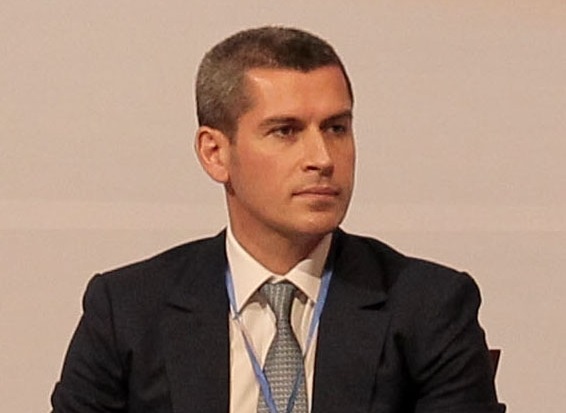APEC business leaders urge greater economic integration through partnering towards a Free Trade Area of the Asia-Pacific

APEC economies should promote greater economic integration by taking resolute actions to guard against financial and sovereign risks while pursuing trade and investment liberalization and maintaining a robust growth trajectory toward achieving the Bogor goals.
Business leaders of the APEC Business Advisory Council (ABAC) met in Ho Chi Minh City this week to finalize their recommendations to be presented to APEC Economic Leaders in Vladivostok in September.
The business leaders noted that the global economy remains fragile, exposing economies in the Asia Pacific region to serious downside risks. Re-escalation of the Euro-zone crisis looms as the primary threat to global growth, and protectionism is on the rise.
“Regional economic integration and achieving the Bogor Goals remain ABAC’s top priority” said the 2012 ABAC Chair Ziyavudin Magomedov. “ABAC calls for substantive progress to be made towards the Free Trade Area of the Asia Pacific (FTAAP), and urges that all pathways to FTAAP should reflect the key principles of inclusiveness, transparency and comprehensiveness.”
Against this background, ABAC adopted the theme “From Aspirations to Reality” which is focused on regional economic integration and financial markets stability, supply chains and infrastructure development, food and energy security, as well as innovative development including skills development and SMME growth.
ABAC urges further improvement of regional supply chains, addressing the chokepoints and greater use of global data standards and supply chain infrastructure technologies. From 2010 to 2020, Asia-Pacific economies will require roughly US$8 trillion in infrastructure investment, a level of demand that cannot be met without substantial involvement of the private sector. ABAC recommends that APEC work to improve the investment environment through the adoption of strong investment principles and protections.
The issue of food security remained high on the agenda of the APEC Business Advisory Council. The Council welcomed the inaugural meeting of the APEC Policy Partnership on Food Security (PPFS) held in Kazan, Russia, in May this year, and supported its working plan. The long-term goal of the PPFS with the guidance of ABAC is to shape a food system structure by 2020 that would provide lasting food security to APEC economies.
Fostering innovative growth continues to be an important priority for ABAC. Effective technology dissemination, eco/living city approach in urban development, and energy efficient practices are key innovation drivers.
ABAC views small, medium and micro-enterprises (SMMEs) as the backbone of the modern economy based on innovative growth and recommends capacity building initiatives to raise SME awareness of the cross-border business development opportunities, including the use of various information and communication technology tools.
In pursuing its diverse agenda, ABAC applies every effort to support APEC economies’ leaders in identifying the ways and means of enhancing regional economic integration, economic growth and prosperity in the Asia-Pacific.
About ABAC
The APEC Business Advisory Council is the official voice of business in APEC. ABAC brings together business leaders from each of the APEC’s 21 economies to identify policy priorities and key concerns of the business sector.
For more information, please contact: www.abaconline.org
Ms. Leyla Mamedzadeh, ABAC Executive Director 2012, Email: [email protected]
Mr. Antonio Basilio, ABAC Secretariat, Tel: (63 2) 845 4564, Email: [email protected]

